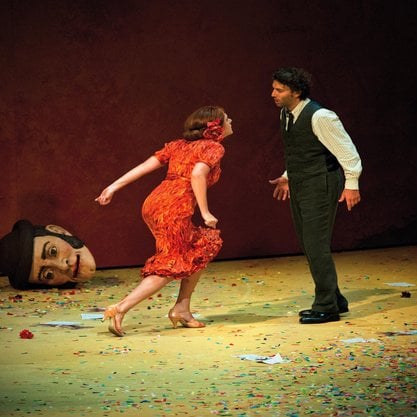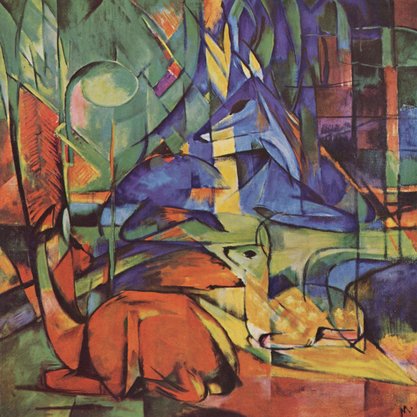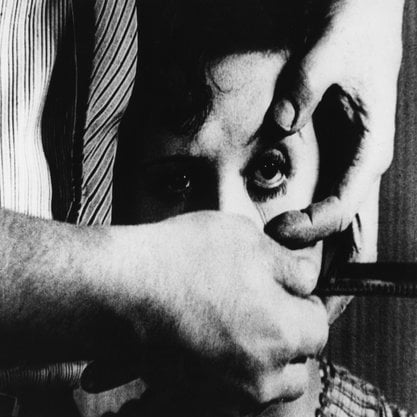Article
Strindberg, August (1849–1912) By Balkin, Sarah
Article
August Strindberg is Sweden’s most important writer and one of the most influential dramatists of the late 19th and early 20th centuries. Along with Henrik Ibsen, the Scandinavian dramatist with whom he is most often compared, Strindberg transformed modern Western theater, inspiring playwrights such as Georg Kaiser, Eugene O’Neill, Edward Albee, Sarah Kane, and Caryl Churchill as well as the film and theater director Ingmar Bergman. Strindberg’s plays span the naturalism of early European Modernism as well as Symbolism and Expressionism. His work in nondramatic genres and media includes novels, autobiography, journalism, poetry, essays, painting, and photography. Outside of Sweden Strindberg is known as a personality and a playwright who mined his own and others’ experiences for his art. The miseries of marriage are central to many of Strindberg’s plays, which underwent radical stylistic changes following a personal crisis in the mid-1890s. Strindberg’s experiments with alchemy and occultism during this period influenced his later works, which frequently represent dreams, states between life and death, and the transformability of matter. In the 21st century, Strindberg’s plays are mainstays of world drama.





